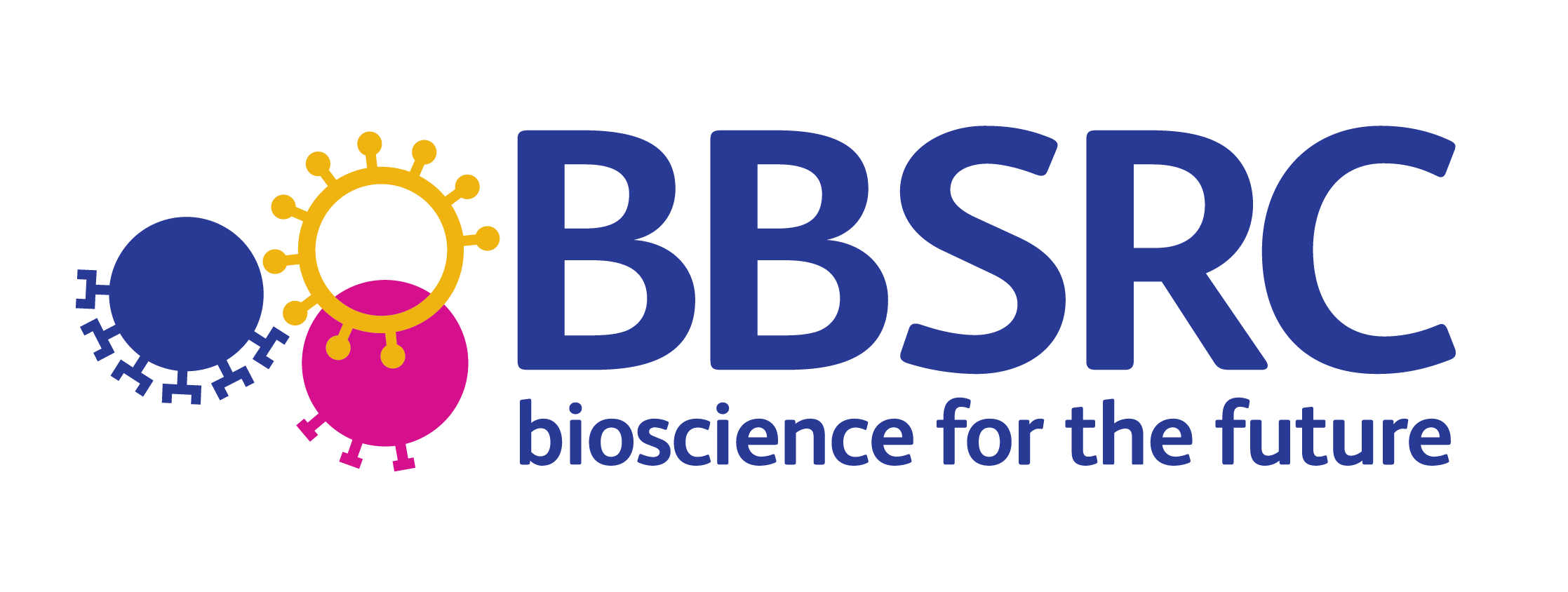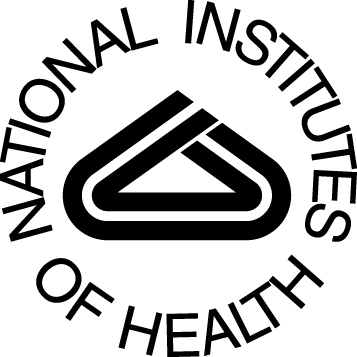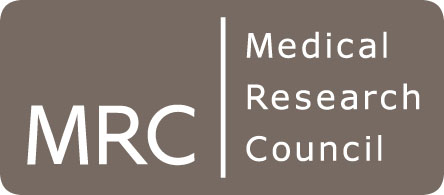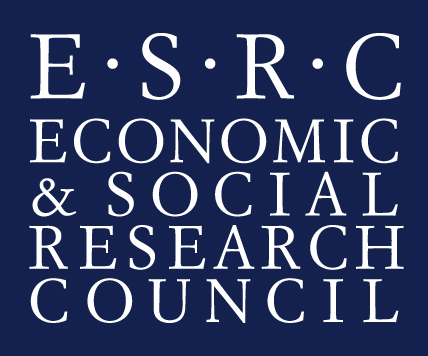New Named Entity Corpus for Occupational Substance Exposure Assessment
2024-08-16
We are pleased to announce the release of a new annotated corpus, consisting of selected sections (i.e., Abstract, Methods and Results) of scientific research articles concerning occupational exposures to two different types of substance, i.e., diesel exhaust (51 articles) and respirable crystalline silica (50 articles). The article sections have been annotated by experts in the field with 6 categories of named entities relevant to the assessment of occupational substance exposures, particularly in the context of Job Exposure Matrices.
The corpus and associated annotation guidelines may be downloaded from: https://zenodo.org/records/11164271
NER models and associated code are available at: https://github.com/panagiotis-geo/Substance_Exposure_NER/
The development of the corpus and the associated NER models are described in more detail in the following article:
Thompson, P., Ananiadou, S., Basinas I., Brinchmann, B. C., Cramer, C., Galea, K. S., Ge, C., Georgiadis, P., Kirkeleit, J., Kuijpers, E., Nguyen, N., Nuñez, R., Schlünssen, V., Stokholm, Z. A., Taher, E. A., Tinnerberg, H., Van Tongeren, M. and Xie, Q. (2024). Supporting the working life exposome: annotating occupational exposure for enhanced literature search. PLoS ONE 19(8): e030784
Abstract
An individual's likelihood of developing non-communicable diseases is often influenced by the types, intensities and duration of exposures at work. Job exposure matrices provide exposure estimates associated with different occupations. However, due to their time-consuming expert curation process, job exposure matrices currently cover only a subset of possible workplace exposures and may not be regularly updated. Scientific literature articles describing exposure studies provide important supporting evidence for developing and updating job exposure matrices, since they report on exposures in a variety of occupational scenarios. However, the constant growth of scientific literature is increasing the challenges of efficiently identifying relevant articles and important content within them. Natural language processing methods emulate the human process of reading and understanding texts, but in a fraction of the time. Such methods can increase the efficiency of both finding relevant documents and pinpointing specific information within them, which could streamline the process of developing and updating job exposure matrices. Named entity recognition is a fundamental natural language processing method for language understanding, which automatically identifies mentions of domain-specific concepts (named entities) in documents, e.g., exposures, occupations and job tasks. State-of-the-art machine learning models typically use evidence from an annotated corpus, i.e., a set of documents in which named entities are manually marked up (annotated) by experts, to learn how to detect named entities automatically in new documents. We have developed a novel annotated corpus of scientific articles to support machine learning based named entity recognition relevant to occupational substance exposures. Through incremental refinements to the annotation process, we demonstrate that expert annotators can attain high levels of agreement, and that the corpus can be used to train high-performance named entity recognition models. The corpus thus constitutes an important foundation for the wider development of natural language processing tools to support the study of occupational exposures.
| Previous item | Next item |
| Back to news summary page |
Featured News
- NaCTeM success at EMNLP 2025 - 7/7 papers accepted
- 1st Workshop on Misinformation Detection in the Era of LLMs - Presentation slides now available
- Prof. Ananiadou appointed Deputy Director of the Christabel Pankhurst Institute
- ELLIS Workshop on Misinformation Detection - Presentation slides now available
- Prof. Sophia Ananiadou accepted as an ELLIS fellow
- BioNLP 2025 and Shared Tasks accepted for co-location at ACL 2025
- Prof. Junichi Tsujii honoured as Person of Cultural Merit in Japan
Other News & Events
- AI for Research: How Can AI Disrupt the Research Process?
- CL4Health @ NAACL 2025 - Extended submission deadline - 04/02/2025
- Invited talk at the 15th Marbach Castle Drug-Drug Interaction Workshop
- Participation in panel at Cyber Greece 2024 Conference, Athens
- Shared Task on Financial Misinformation Detection at FinNLP-FNP-LLMFinLegal








